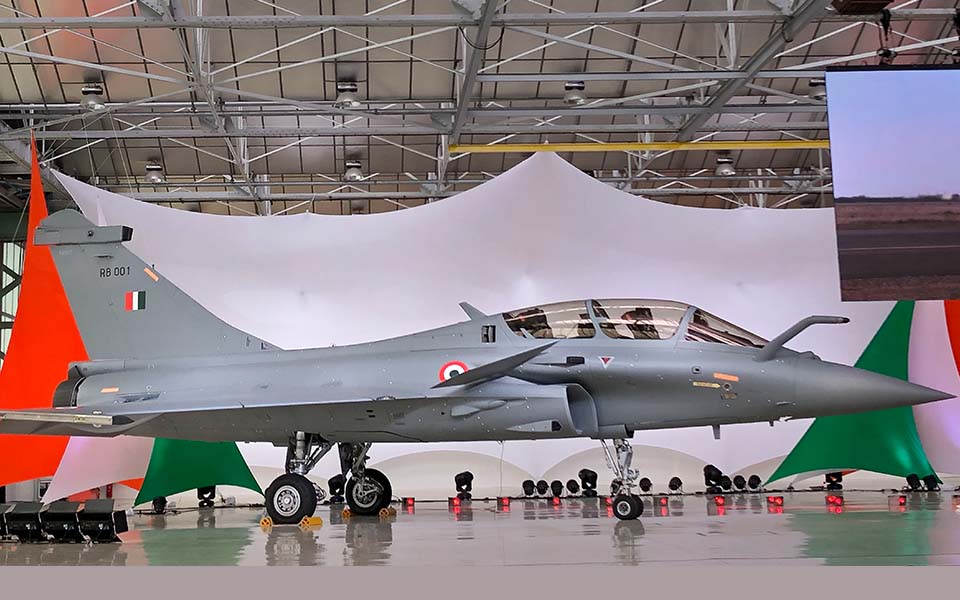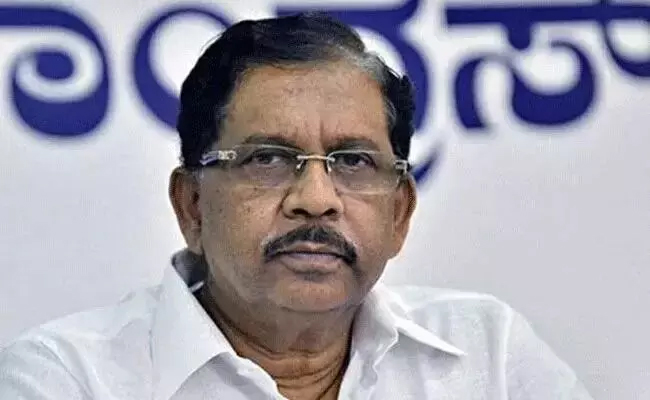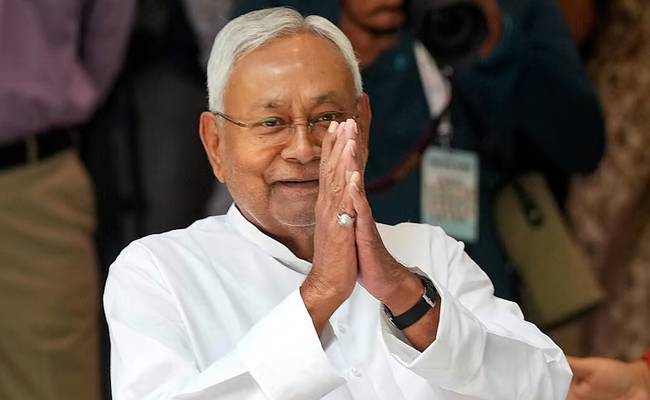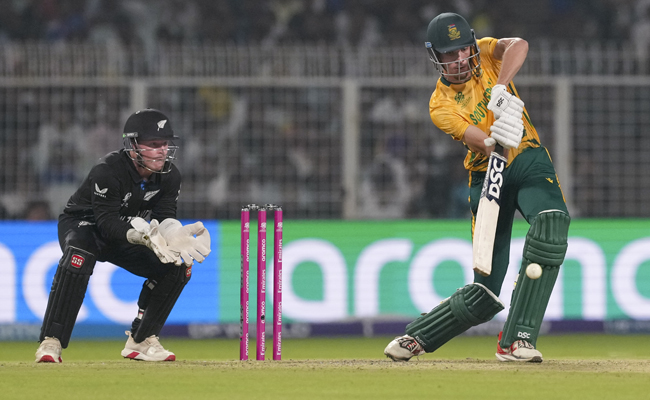PARIS: In the Rafale jet deal, documents featured in a French aviation blog may fuel more controversy amid opposition allegations that France snagged the Rs. 59,000 crore deal as a trade-off for aeronautics major Dassault tying up with Anil Ambani's company.
Images of two trade union documents put up by the French blog Portail Aviation may add fodder to the political wrangling over the deal for 36 Rafale jets sealed by Prime Minister Narendra Modi with the French in 2016.
The images are of documents published by two unions of Rafale-maker Dassault - the CFDT and CGT. These are minutes of a meeting held on May 11 2017, in which the number 2 of Dassault Aviation, Loik Segalenn, is talking about the joint venture with Anil Ambani's Reliance Defence.

(The CGT statement says, "...a complete presentation of 'Make in India' with the creation of the enterprise 'Dassault Reliance Aerospace' at Nagpur was done for us".)
The blog does not interpret the documents and leaves it to readers to conclude whether or not Reliance was imposed on the French as a partner as a condition for the deal.
The CFDT's document was mentioned earlier in a report by the French publication Mediapart just after former French President Francois Hollande's explosive statement that France had no choice when it came to selecting Anil Ambani and his rookie company as offset partner for Dassault. According to Mediapart, an internal document of Dassault confirmed Mr Hollande's statement.
Dassault denied the allegation, saying the reference in the document was to the obligation to make offset investments in India and not the compulsion to get into a joint venture with Anil Ambani's Reliance Defence.
Details of the meeting appear to present a different picture.
The CGT statement says, "...a complete presentation of 'Make in India' with the creation of the enterprise 'Dassault Reliance Aerospace' at Nagpur was done for us. According to Mr (Loik) Segalen it was imperative and obligatory for Dassault Aviation to accept this "contrepartie" in order to obtain the export contract Rafale India." The French word used is "contrepartie", which can mean "compensation" or could have the negative sense of a "trade off".
The second union (CFDT's) statement talks about 'Make in India' being "the inevitable consequence" of the deal "imposed" by India, and says a joint venture with Reliance was created to attain this objective.
It is evident that the statements are not talking only about the offset obligation but also about the joint venture with Reliance.
Whether one of them was mandatory are among the questions raised by the opposition in India as well as a section of the French media.
The Congress has accused the government of corruption and crony capitalism. The party had seized on French president Hollande's comment to Mediapart last month to go hammer and tongs against the government, alleging that Anil Ambani's company was imposed as a preferred partner on the French.
courtesy : ndtv.com
Let the Truth be known. If you read VB and like VB, please be a VB Supporter and Help us deliver the Truth to one and all.
Bengaluru (PTI): Karnataka Home Minister G Parameshwara on Wednesday said that the police have booked a case against those who took out a protest march in the city recently, without permission, condemning the killing of Iranian Supreme Leader Ayatollah Ali Khamenei.
A large number of Shia Muslims gathered in Richmond Town on March 2 to mourn Khamenei's demise and held a protest march.
"A section of the minority community has accepted Khamenei as their religious leader. When he died, naturally they felt the pain and expressed it. But it should have happened within the framework of the law of the land. They had not sought any permission for the procession and no permission was given," Parameshwara said in response to a question.
Speaking to reporters here, he said, "They went ahead with the procession. So, the police have taken action by registering cases against them. In the days ahead, we will not let them hold any processions. As there are court orders not to permit any procession in the city, it can be done at Freedom Park if needed. The government is strictly abiding by the court orders."
Responding to a question about a Congress legislator also being part of the protest march, the home minister merely said, "We will strictly follow the rules."
Khamenei was killed in an airstrike in Tehran on Saturday during a joint Israel-US attack on Iran.





